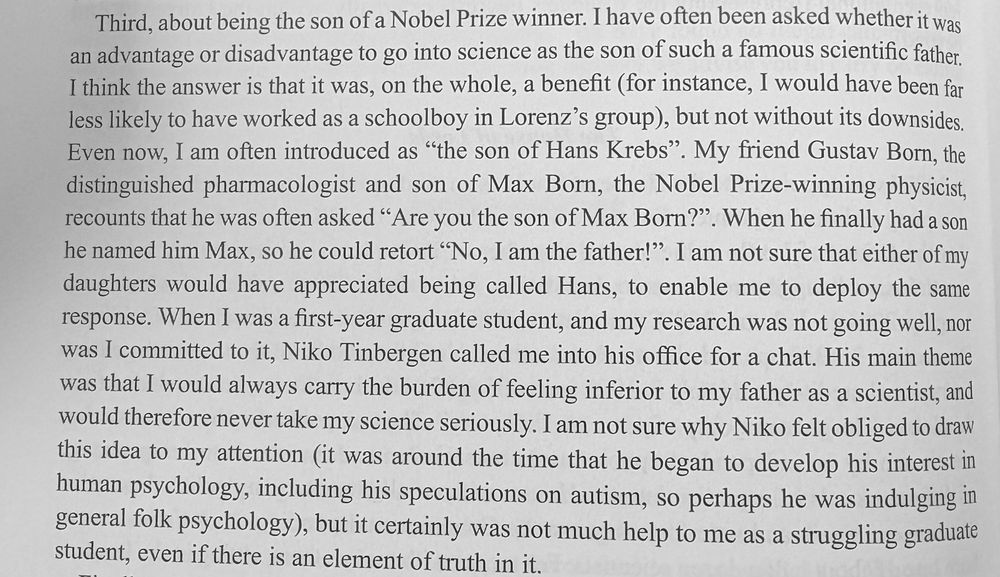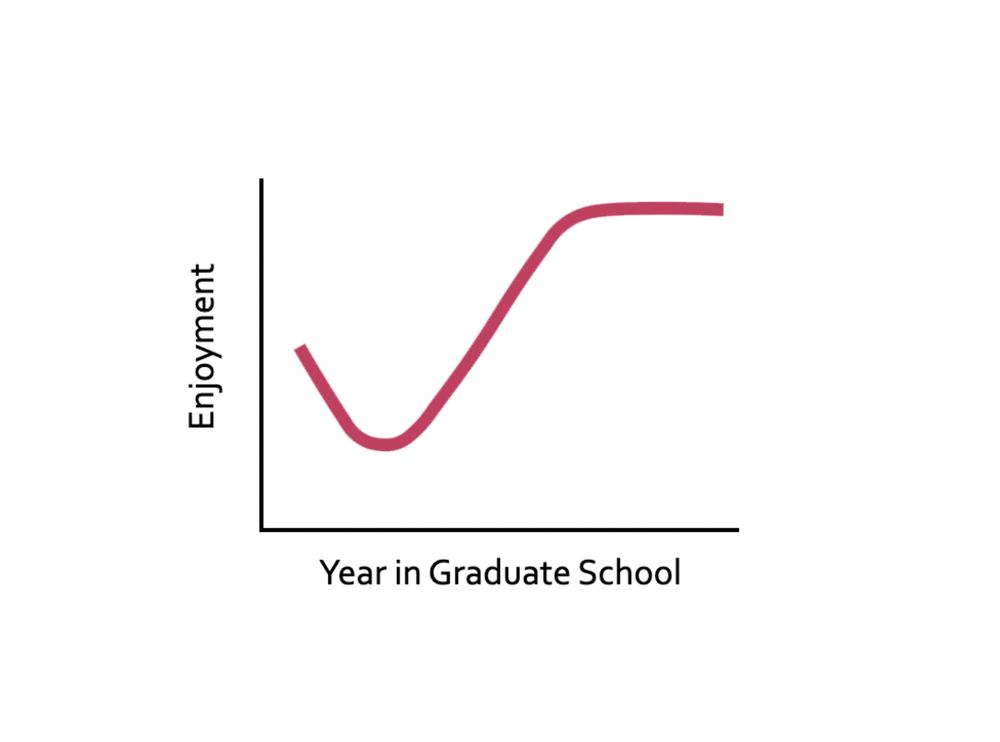Aurélien Allard
@aurelienallard.bsky.social
580 followers
390 following
48 posts
Philosopher and Social Psychologist. Assistant professor at Nantes University. Studying justice, morality, replicability and open science. Personal website: https://aurelienallard.netlify.app/
Posts
Media
Videos
Starter Packs
Reposted by Aurélien Allard
Reposted by Aurélien Allard
Reposted by Aurélien Allard
Reposted by Aurélien Allard
Reposted by Aurélien Allard
Reposted by Aurélien Allard
Reposted by Aurélien Allard
Reposted by Aurélien Allard
Reposted by Aurélien Allard
Reposted by Aurélien Allard
Reposted by Aurélien Allard
Reposted by Aurélien Allard
Reposted by Aurélien Allard
Reposted by Aurélien Allard
Reposted by Aurélien Allard
Joe Noonan
@joenoonan.se
· 13d
Reposted by Aurélien Allard
Reposted by Aurélien Allard
Reposted by Aurélien Allard
Reposted by Aurélien Allard
Reposted by Aurélien Allard
Reposted by Aurélien Allard
Reposted by Aurélien Allard

















